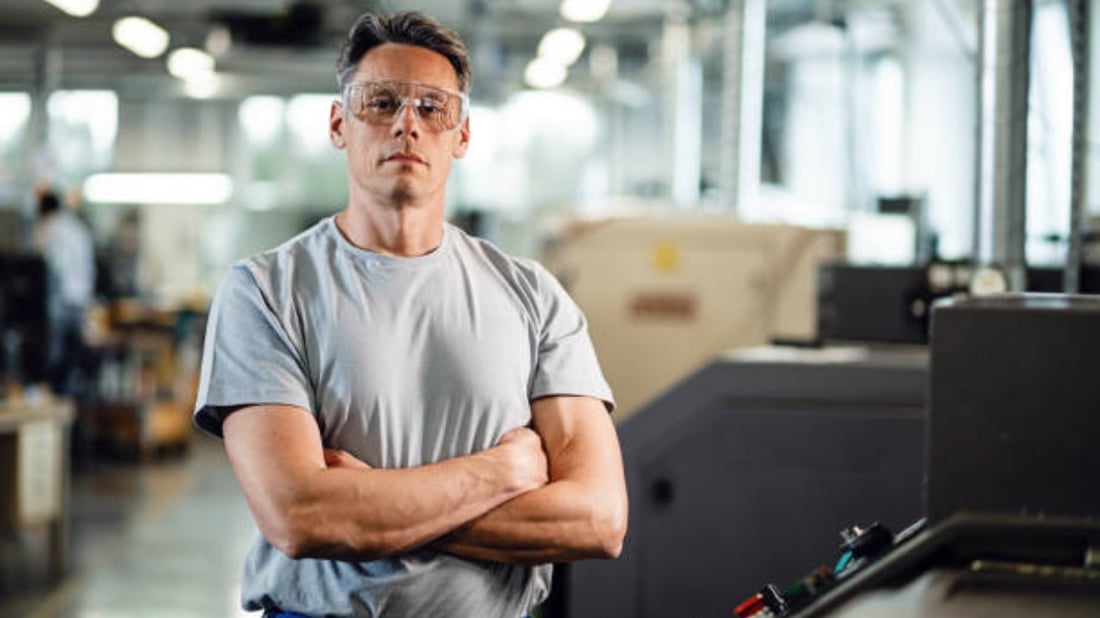1. The Importance of Researching Before You Buy
Investing in a CNC machine can be a significant decision for any business. Whether you're a small shop owner or a large manufacturer, finding the right CNC machine for your needs is crucial. Before making a purchase, it's important to conduct thorough research to ensure you're making an informed decision.
2. Understanding Your Specific Requirements
Before you buy a CNC machine, it's essential to understand your specific requirements. Consider the type of materials you will be working with, the size and complexity of the parts you need to produce, and the volume of production. This will help you determine the type and size of CNC machine that will best suit your needs.
3. Evaluating the Machine's Accuracy and Precision
Accuracy and precision are critical factors to consider when purchasing a CNC machine. These machines are known for their ability to produce highly precise parts, but not all CNC machines are created equal. Look for machines with high accuracy ratings and inquire about the machine's repeatability to ensure consistent results.
4. Considering the Machine's Speed and Efficiency
The speed and efficiency of a CNC machine can significantly impact your production capabilities. Evaluate the machine's spindle speed, feed rate, and rapid traverse rate to understand its overall performance. Faster machines can increase productivity and reduce production time, leading to cost savings and improved efficiency.
5. Examining the Machine's Durability and Reliability
Investing in a CNC machine is a long-term commitment, so it's important to choose a machine that is durable and reliable. Look for machines made from high-quality materials, such as cast iron or steel, as they tend to be more robust and resistant to wear and tear. Additionally, consider the reputation of the manufacturer and their customer support services.
6. Assessing the Machine's Flexibility and Versatility
Flexibility and versatility are key considerations when buying a CNC machine. Determine whether the machine can handle a wide range of materials and accommodate different sizes and shapes. Look for machines with multiple axes and tool changers, as they can increase the machine's capabilities and expand the range of parts you can produce.
7. Understanding the Machine's Software Compatibility
CNC machines rely on software to operate efficiently. Before making a purchase, it's crucial to understand the compatibility of the machine's software with your existing systems. Consider whether the machine's software can integrate with your CAD/CAM software and if it supports the file formats you commonly use.
8. Evaluating the Machine's Maintenance and Support
Maintenance and support services are essential factors to consider when buying a CNC machine. Find out what kind of maintenance is required, how often it needs to be performed, and whether the manufacturer or distributor offers support services. Regular maintenance and reliable technical support can ensure the longevity and optimal performance of your machine.
9. Reviewing the Machine's Price and Return on Investment
Price is always a significant factor when making a purchase decision. Compare prices from different manufacturers or distributors and consider the overall return on investment. While it may be tempting to choose the cheapest option, keep in mind that a higher-quality machine may offer better long-term value through improved performance and durability.
10. Seeking Recommendations and Reviews
Lastly, seek recommendations and read reviews from other CNC machine users. Reach out to industry professionals, attend trade shows, or join online forums to gather insights and experiences. Learning from others' experiences can provide valuable information and help you make a more informed decision.

